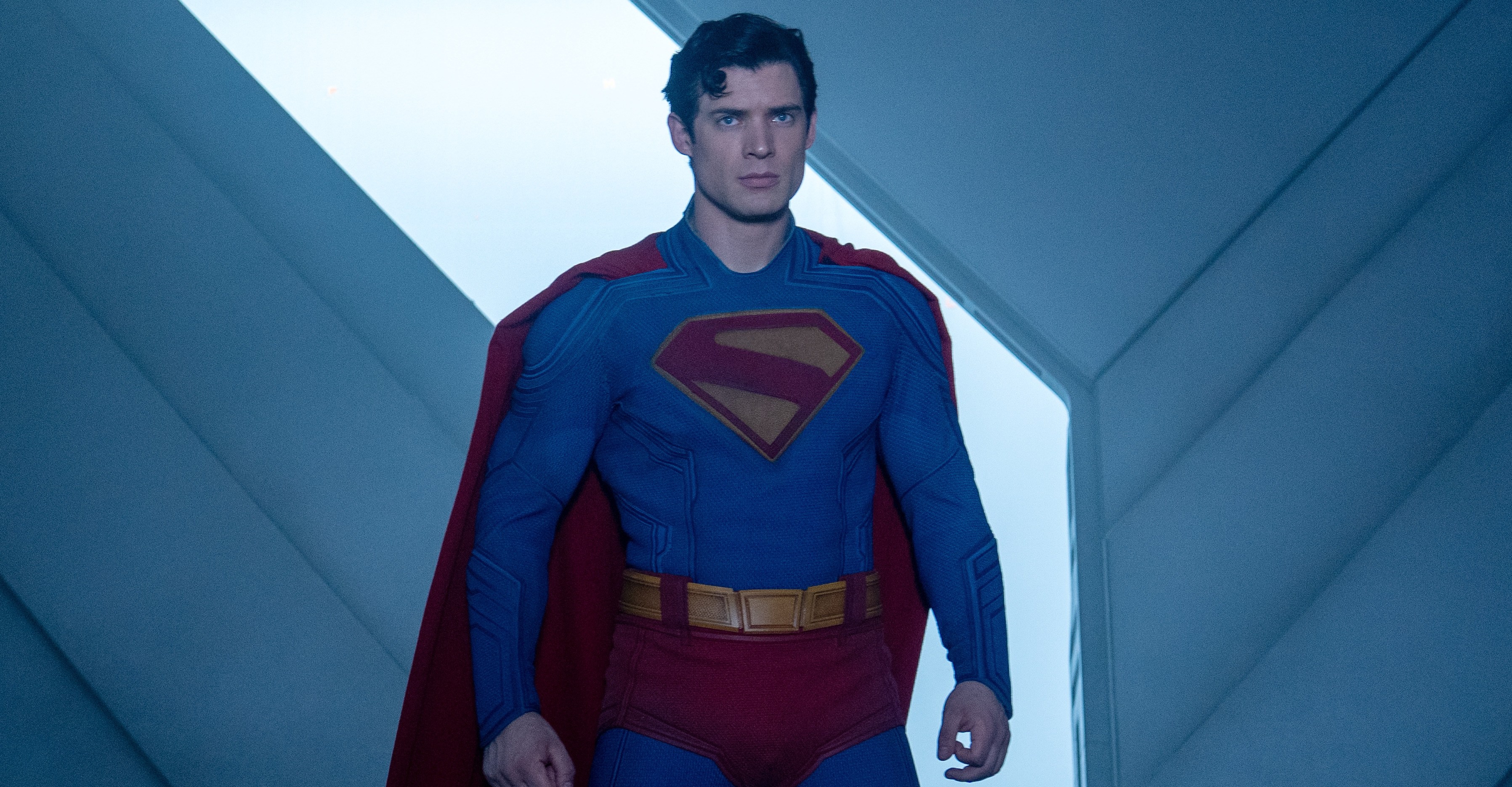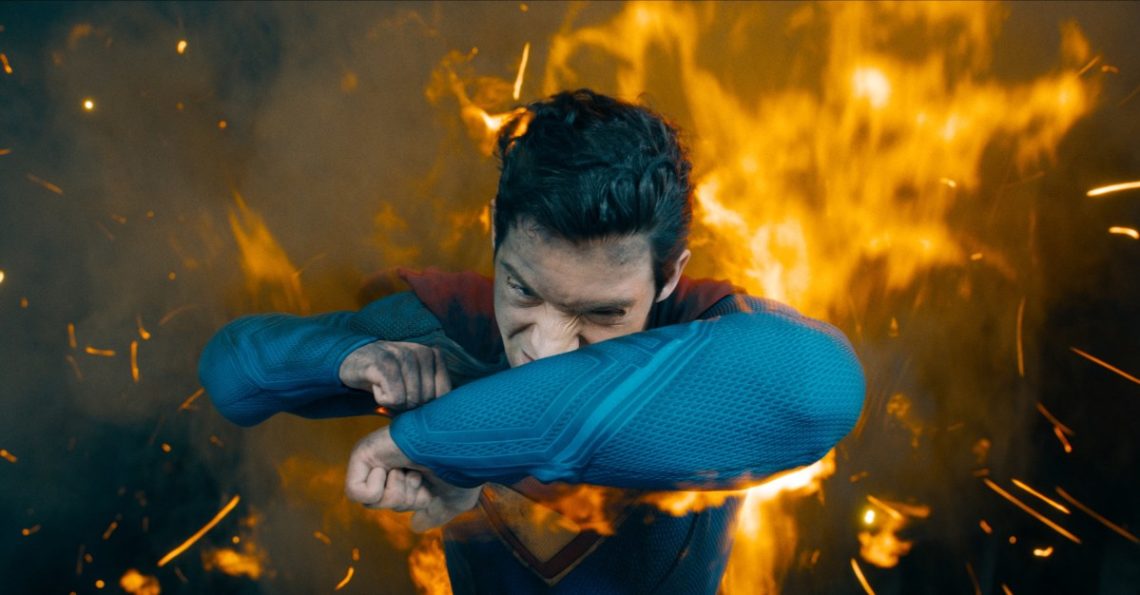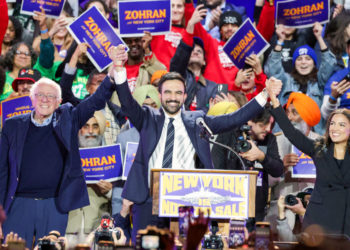Before DC Studios brought James Gunn and Peter Safran on board to reboot its cinematic universe, another auteur was given the reins more than a decade ago. Zack Snyder kicked off a new era for Superman and DC films with 2013’s Man of Steel, a divisive reboot that followed in the gritty footsteps of Christopher Nolan’s Batman trilogy and focuses on the angst, self-doubt, uncertainty, and grief swirling within Henry Cavill’s Superman.
Man of Steel prompted a lot of incensed and opinionated responses when it premiered, but none of Snyder’s choices in the film drew as much ire as the decision to have Superman kill Michael Shannon’s General Zod during their Metropolis-destroying battle. Their fight showcases the ruthlessness of the Kryptonian general’s approach to battle and the greenness of Supes, who’s never tangled with a threat like this before. It ends with Superman, who’s only been a superhero for a few days, choosing to kill Zod to stop the general from killing a civilian family. Cavill’s Superman lets out a haunting, anguished scream, immediately remorseful for what he’s done.
Somehow, 12 years later, Gunn’s rebooted Superman features a surprisingly similar moment.
[Ed. note: Broad spoilers for the ending of the 2025 Superman below.]

During the film’s finale, Lex Luthor arrogantly states “brain beats brawn” as he commands his Superman clone Ultraman in a fight against Big Blue. Superman parrots that line back at him before summoning Krypto to help save the day. During that back and forth I wondered where Superman’s brain was during Superman’s final fisticuffs, which sees David Corenswet’s version of the character also kill his superpowered enemy.
Or maybe, more accurately, I should be wondering about his heart. Superman doesn’t seem to think twice about killing Ultraman. He doesn’t ruminate on the idea of killing a being who looks just like him, and he doesn’t sit with the emotions stemming from killing someone (especially his clone) the way Man of Steel’s Superman does. Ultraman didn’t ask to be created, nor did he ask to be sent after Superman as a pawn in Lex Luthor’s schemes. He’s not presented as being able to make his own choices, and can be read as innocent, in a way.
Superman makes little effort to restrain Ultraman; he tosses out a generic “you don’t have to do this” line before, essentially, giving up on rescuing or helping him. Then he lets falling debris whack Ultraman into a black hole. (This is a film where Luthor creates a pocket universe — surely there’s a scientist somewhere who can rehabilitate Ultraman and help him eventually lead a life away from Luthor’s control.) Superman shows none of the empathy he showed for the mindless kaiju stomping Metropolis in an earlier battle, and doesn’t attempt to find a peaceful solution — into the abyss he goes, and Gunn follows that moment with a quick gag between Mr. Terrific and Superman, before Supes flies off to deal with the next problem.
Comic book movies tend to play fast and loose with death, like the books they’re based on. It’s entirely plausible that a black hole might not even kill Superman or his clone, and Ultraman may return for future Superman sequels. But Gunn’s comment on Threads, “In the DCU if you die, you’re dead,” suggests he isn’t thinking about beats like this in a weaselly, sequel-minded way. And the movie gives us no reason to believe a black hole wouldn’t kill Ultraman or Superman. Frankly, Superman himself wouldn’t know what he’s condemning his double too, and doesn’t seem to mind one way or the other. Whether Ultraman is dead, trapped in a different universe, or facing some other fate, Superman condemns him to it all the same. This clashes with Gunn’s whole idea of what he wants his Superman to represent.
Gunn has asserted his Superman is all about kindness, something “we have lost,” according to an interview in The Sunday Times leading up to the film’s release. That kindness is prevalent throughout the film in the way Superman treats the vulnerable, even going out of his way to rescue a squirrel during one of the film’s action sequences. (Which shows Superman has more sympathy for a squirrel than for a mirror version of himself.)
The debate over whether superheroes should kill people, or whether movie superheroes should break their comic equivalents’ no-kill rules, often dominates discourse surrounding superhero adaptations. Snyder’s Man of Steel decision seemingly went against the ethos of the hero; Superman is supposed to save people, not murder them. Zack Snyder’s follow-up Batman v Superman: Dawn of Justice drummed up the debate even more, spotlighting a Batman who has no qualms about killing goons. (Snyder holds some, we’ll say, interesting views on Batman, which I don’t agree with.) Most iterations of Batman steadfastly abide by “no guns” and “no killing” rules, which makes his killing in BvS perhaps even more startling than Superman’s Man of Steel neck-snap.
Comics creators were divided on Man of Steel and its finale. Final Crisis and Doom Patrol author Grant Morrison was ardently opposed to Superman killing: In 2013, in response to Man of Steel, they told USA Today, “I’m not sure about the killing thing […] I don’t know about you, but the last moral decision I made didn’t have anything to do with killing people. And I don’t think many of us ever have to make the decision whether or not to kill. In fact, the more you think about it, unless you’re in one of the Armed Forces, killing is illegal and immoral. Why would we want our superheroes to do that?”
Morrison is also the author of All-Star Superman, a seminal take on the character that James Gunn points to as inspiration for his film. This creates an interesting dichotomy: Morrison doesn’t believe Superman should kill, but they inspired Gunn to write a Superman who does.
James Gunn hasn’t explicitly stated his Superman has a no-kill rule; in fact, in a promotional video for Wired, he said, “I’m not a purist in that respect. I think that if, for instance, he had to kill to protect somebody’s life, he would probably do that, even though that would be hard for him.” You could certainly argue that Ultraman’s death was necessary for protecting innocents, though in a much less direct and obvious way than Zod’s death in Man of Steel: Killing him off is expedient, as Superman tries to end that fight and get ready for the next. But the “that would be hard for him” part never lands in Superman. It certainly doesn’t seem very hard for Corenswet and Gunn’s Superman to let Ultraman die.
The post Superman commits the sin that set off endless fights over Zack Snyder’s Man of Steel appeared first on Polygon.




